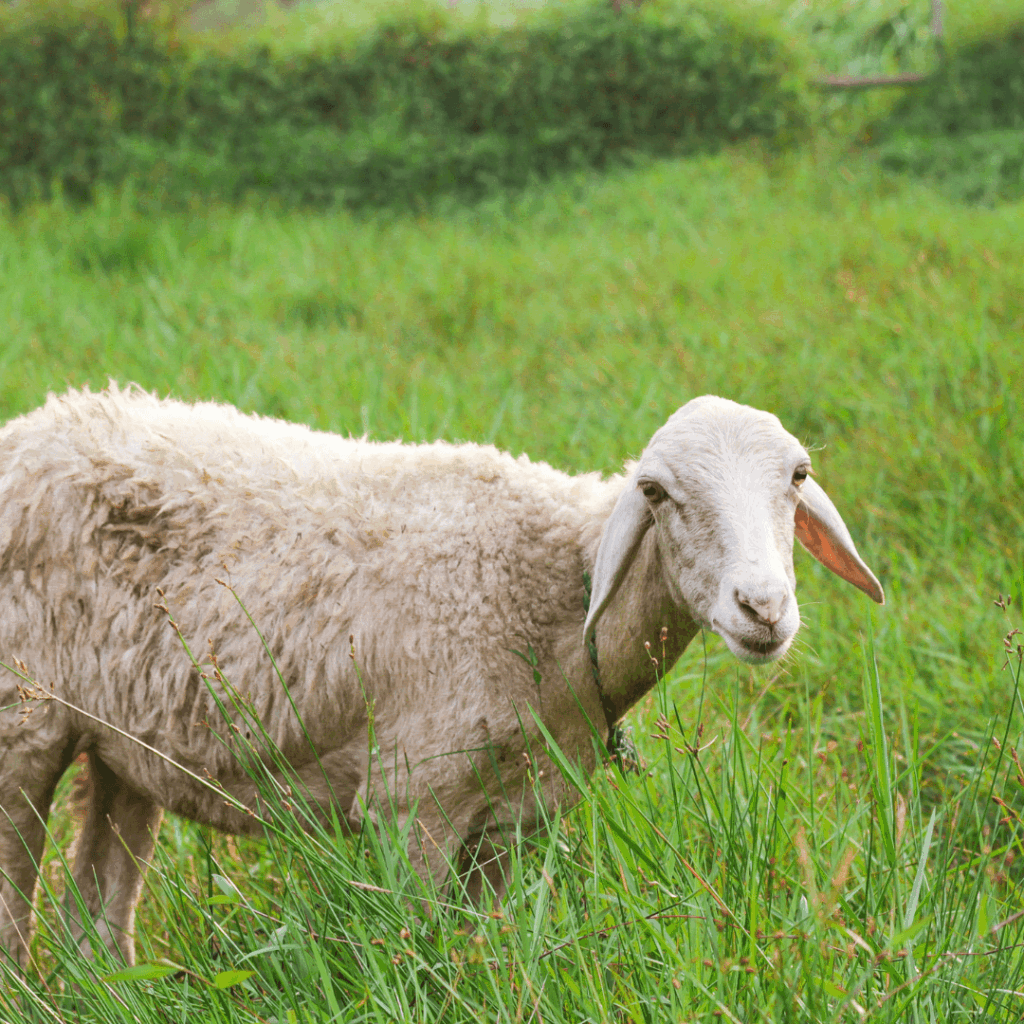
FAQs – Understanding Aqiqah
Yes. Mission Relief allows you to perform Aqiqah in East Africa where your donation have maximum impact and help those most in need. The sacrifice and distribution are handled according to Islamic law.
Yes, Aqiqah can be performed on behalf of your child or even as a gift for another family’s newborn.
The meat from the sacrifice is distributed among those in need, families, widows, orphans, and vulnerable communities.
Yes. It is narrated that Aqiqah acts as a form of protection and blessing for the child, while also earning great reward for the parents.
“Aqiqah is prescribed for every child. Thus give thanks on its behalf, and remove the harm off it.” [Tirmidhi]
The Aqiqah is traditionally paid for by the father of the newborn, although another relative may cover the cost if the father is unable to or gives permission for them to do so.
The Prophet Muhammad (peace be upon him) performed the Aqiqah for his grandsons, Imam Hassan and Imam Hussain (may Allah be pleased with them), setting a beautiful example for the Ummah.
It is recommended for every sane adult who is financially able and eligible to pay Zakat to perform Aqiqah upon the birth of a child.
Currently Mission Relief sacrifices and distributes your Aqiqah sacrifice in Kenya.
The Prophet Muhammad (peace be upon him) recommended it, therefore it is a Sunnah.





